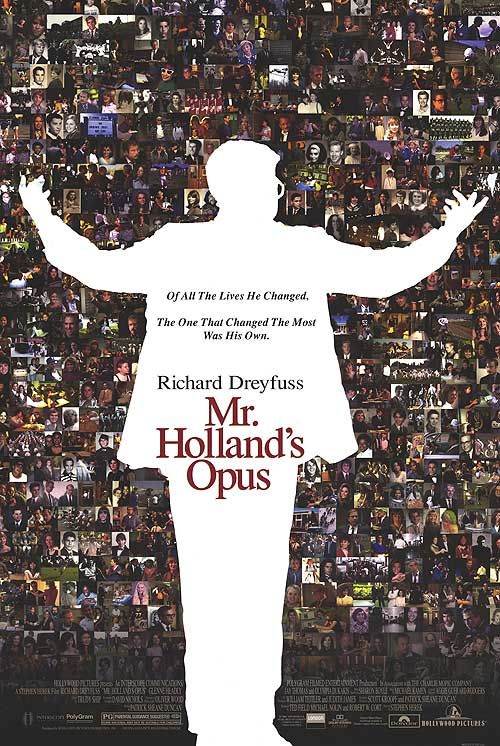"Malicious, One-Sided and Salaciously Slanderous"

| None | Light | Moderate | Heavy | |
|---|---|---|---|---|
| Language | ||||
| Violence | ||||
| Sex | ||||
| Nudity |
What You Need To Know:
THE APPRENTICE is overwrought and overtly propagandistic. It takes every malicious rumor and every salacious allegation to make Trump look as evil, shallow, deceitful, and despicable as possible. There are no instances of his many documented charitable acts, for example. THE APPRENTICE also has lots of strong foul language, some extreme nudity, and explicit sex scenes. It’s a one-sided, malicious and slanderous movie. THE APPRENTICE even uses a marital rape allegation by his first wife, Ivana, in their divorce proceedings. It never notes that Ivana has since denied the allegation. The omissions in THE APPRENTICE make the movie unreliable and despicable.
Content:
More Detail:
THE APPRENTICE is a malicious drama about Donald Trump’s life before deciding to run for president in 2015 and focuses on his teacher-student relationship with the controversial, fiery political advisor and lawyer, Roy Cohn. Overwrought and totally propagandistic, THE APPRENTICE has lots of strong foul language and explicit sex scenes and uses the worst rumors and allegations against Trump to turn him into a thoroughly despicable human being, but its deeply flawed, one-sided depiction ultimately fails to convince any but the most rabid and hateful Trump opponents, and the most gullible.
The movie begins with Donald Trump meeting Roy Cohn at a restaurant. Cohn takes a liking to Trump. Soon, Trump is hiring Cohn to defend a federal lawsuit against his father’s real estate company for refusing to rent to blacks. Cohn refuses to take any money. He tells Trump that he considers his work an investment in Trump, who Cohn thinks is an up-and-coming young man who would make a lucrative client.
Cohn becomes Trump’s personal mentor. He tells the young man to always attack, admit nothing and deny everything negative. Cohn also tells Trump that winning is everything, so always claim victory and never admit defeat.
The federal discrimination suit is eventually dismissed through a mutual settlement between the Trump Company and the Department of Justice. Using Cohn’s advice, Trump becomes a real estate mogul. Much of the movie then focuses on Trump’s ability to wheedle tax breaks out of New York Mayor Ed Koch’s administration. When it doesn’t look like Koch is going to give him a tax break, he starts viciously attacking the Mayor.
THE APPRENTICE gets progressively negative toward Trump as it continues. It seems to go out of its way to make him look as bad as possible. Nothing positive at all is inserted into the narrative. In fact, the movie even accuses him of viciously forcing himself on his wife, Ivanka, when they have a bitter argument. This incident is cited in the bitter divorce proceeding between Trump and Ivana, an incident that Ivana later denies happened. The movie conveniently doesn’t say anything about her denial, as if it never occurred.
THE APPRENTICE, especially its second half, is deliberately malicious, one-sided and salaciously slanderous. It depicts Trump as a totally shallow, egotistic and despicable human being. He publicly turns on his mentor, Roy Cohn, when news reports say Cohn, a notorious homosexual, is dying of AIDS. In fact, even when Trump throws a birthday party for Cohn, the movie shows Cohn catching Trump in a terrible lie, to Cohn’s face. Trump also turns on his older brother, Fred, when he becomes an alcoholic.
THE APPRENTICE contains lots of strong foul language and two explicit sex scenes, one of which is Donald Trump accidentally opening a bedroom door and seeing two totally nude male couples engaging in sodomy. One of the men is Roy Cohn. There are also some blackmail photos of a government bureaucrat engaged in homosexual sex.
Regarding the federal discrimination lawsuit in the movie, the evidence is not as cut and dried as the movie implies. Eventually, the FBI released documents related to the case, and the facts are mixed, according to this news story from THE HILL, a news publication based in Washington, DC.
MOVIEGUIDE® has previously examined some of the allegations against Cohn in other movies, like the documentary WHERE’S MY ROY COHN?. Here’s what we found:
An article by one of Cohn’s cousins says Cohn often showed up at family functions with young men (David Lloyd Marcus, “Roy Cohn’s Last Days,” Vanity Fair, August 1987. However, an article by Ken Auletta in Esquire Magazine from December 1978, which includes a lengthy interview with Cohn, shows that Cohn attended many functions, parties and events, including New York City nightspots, with a wide variety of different people (Ken Auletta, “Don’t Mess with Roy Cohn,” Esquire Magazine, December 1978 [07/13/16]. Auletta’s article also shows that, while Cohn tended to support Republican politicians like Nixon and conservative causes, he also worked for Democrat politicians and even helped raise money for Democrats in New York. Thus, Cohn had a lot more clients and friends than just Republicans, mafia figures and homosexuals. Auletta’s article also notes that Cohn worked for free for the Catholic archdiocese and often volunteered for charitable causes, details that WHERE’S MY ROY COHN? conveniently leaves out. In light of all this, it’s interesting to note that the man credited with bringing down McCarthy and Cohn in 1954, Joseph Welch, the chief lawyer defending for the U.S. Army against charges of Soviet infiltration, when questioning Cohn about Schine after Schine was suspiciously and suddenly drafted by the Army, made a smarmy reference to the rumors about Cohn’s homosexuality. Of course, WHERE’S MY ROY COHN? only briefly mentions this incident. Also, it doesn’t mention the fact that Schine married in 1957, had six children with his wife and was married with his wife until they both died in 1996.
WHERE’S MY ROY COHN? spends a lot of time characterizing Roy Cohn as a tenacious but shady lawyer who would do almost anything for his clients. Well, duh! Isn’t a lawyer supposed to represent his client in the strongest ways possible? As Ken Auletta’s 1978 article in Esquire also makes clear, as a lawyer Cohn was tenacious in representing his client’s interests. According to an unnamed source in Auletta’s article, Cohn “does what he has to, to win.” Thus, rather than sit back and be passive, Cohn was always on the attack. Also, he often used publicity about his legal prowess to attract more clients, and he attracted many, many clients. This is not to say that Cohn never stepped over the line. He sometimes and probably often did. As Auletta notes, “In the Sixties, he was indicted four times (the first case ended in a mistrial) and always acquitted.” Auletta adds, “He has suffered several judicial reprimands for unethical conduct, had his wrists slapped in civil cases, and been ordered to make restitution.” However, in the end, they were only able to disbar Cohn when he was on his deathbed in 1986, when he really couldn’t defend himself.



 - Content:
- Content: 



